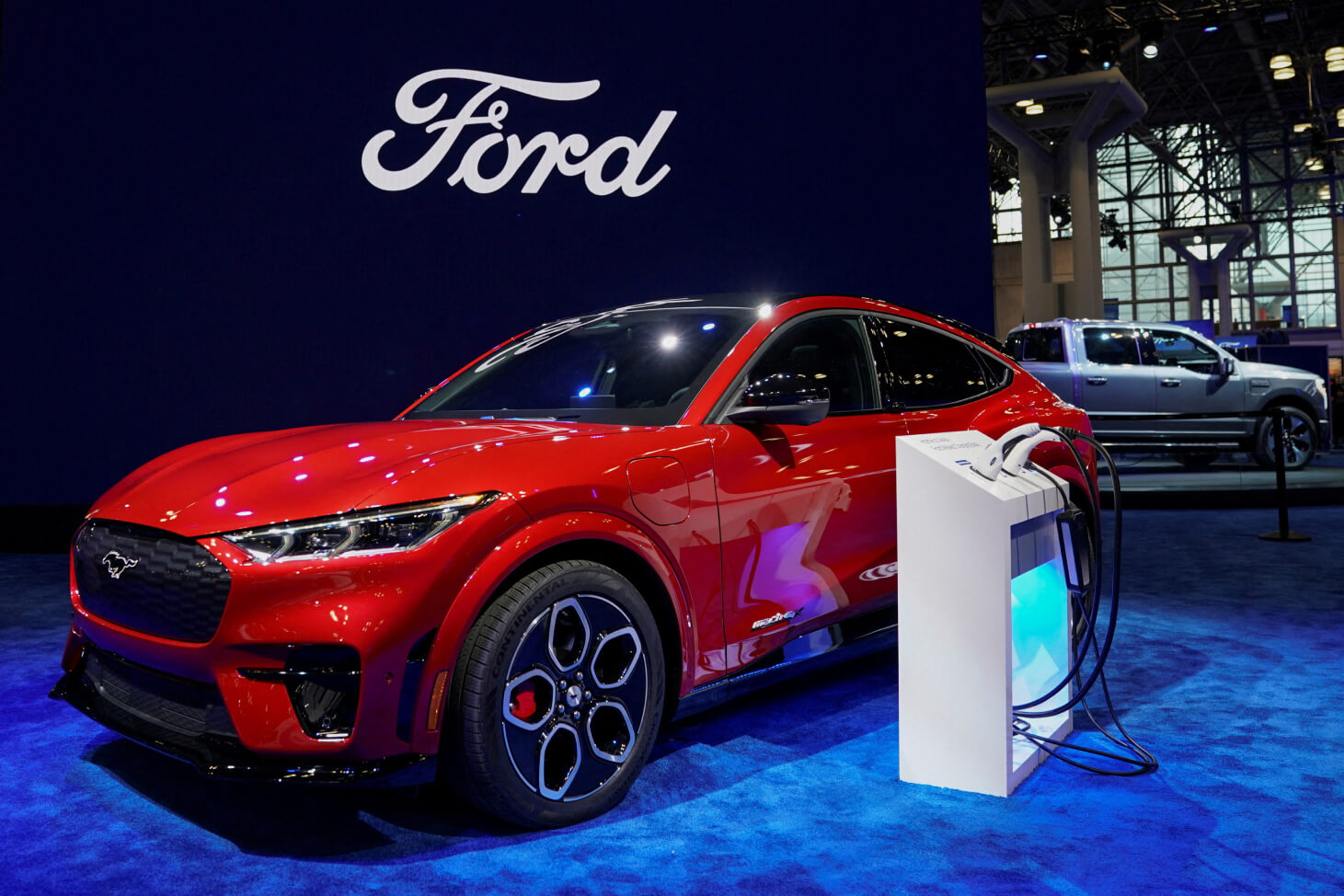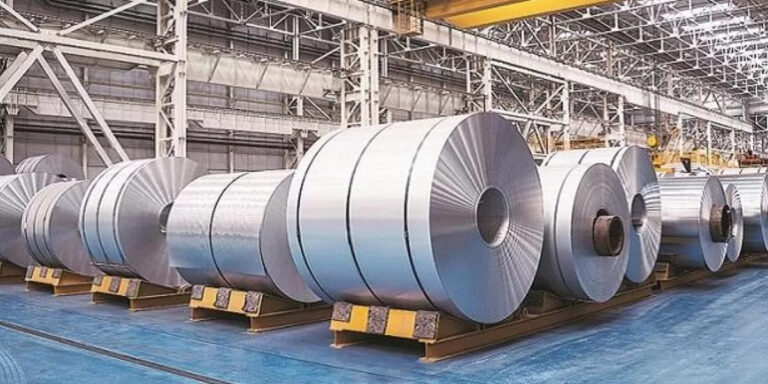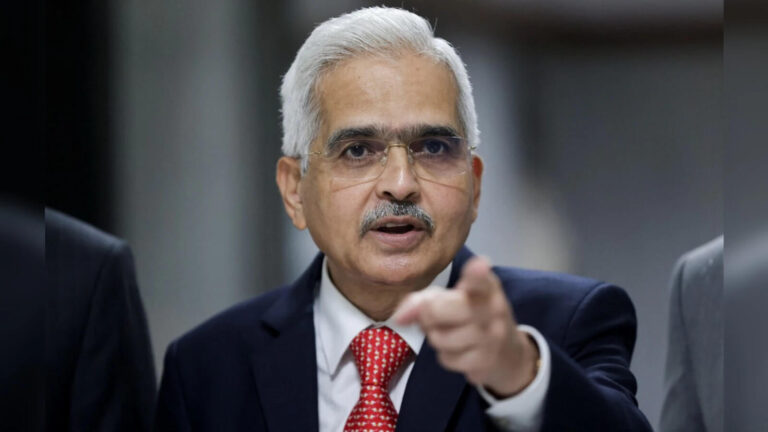Ford Motor Co. is shifting gears with its return to India after a three-year hiatus, focusing on producing electric vehicles (EVs) for global markets as the company adjusts its strategy in response to changes in demand and technology, a person familiar with the company’s strategy said.
This shift marks a departure from Ford’s operations in India before its exit in September 2021, which had primarily focused on local sales of internal combustion engine (ICE) vehicles. Although EVs are now the company’s priority, it remains open to importing completely built-up or completely knocked-down kits of ICE vehicles in “limited batches” once it restarts its domestic business.
Ford exited the Indian market after struggling to stay competitive. During that stint, the company had built a significant presence in the ICE vehicle segment with models such as the Figo, EcoSport, Endeavour, and Aspire. It operated a manufacturing facility in Sanand, Gujarat, which was sold to Tata Motors in 2022, and another in Maraimalai Nagar, near Chennai, which was shut down in July 2022. After the shutdown, operations were reduced to producing parts to support existing Ford vehicle owners in India.
However, as the global automotive market shifts towards EVs, Ford is positioning itself for the future.
“Ford has realised that 2025 will be the turning point for the EV market in India,” said the person cited earlier. “Building petrol or diesel vehicles will not be a profitable venture anymore, which is why Ford is revamping its Chennai plant to create a dedicated assembly line for battery-driven models. This shift marks a significant departure from Ford’s earlier focus on traditional ICE vehicles.”
As part of its re-entry strategy, Ford has submitted a letter of intent to the Tamil Nadu government, expressing its intention to repurpose the Chennai plant primarily for export. This announcement followed a meeting between Ford leadership and Tamil Nadu Chief Minister MK Stalin during his recent visit to the US. Discussions focused on reviving operations at the Chennai facility, which has an annual capacity of 200,000 vehicles and 340,000 engines.
“Once the supplier base is ready, the company will start producing electric cars from its Chennai facility, exporting them to global markets via nearby ports. In the next phase, Ford plans to introduce these vehicles to the domestic Indian market,” the source explained.
When contacted, the official spokesperson of Ford Motor India said, “Further information about the type of manufacturing and other details will be disclosed in due course, and we would prefer not to comment on the speculations.”
A recent company press release confirmed that the Chennai facility would be “repurposed” to focus on manufacturing for export as part of Ford’s global Ford+ growth plan. “This step underscores our continued commitment to India, as we aim to leverage Tamil Nadu’s manufacturing expertise to serve new global markets,” said Kay Hart, president of Ford International Markets Group, in the official statement.
Ford’s exit from India in 2021 was widely seen as a major misstep, given the country’s standing as the world’s third-largest automotive market. However, industry experts believe Ford’s decision to return with a focus on electric vehicles is a carefully considered move that could position the company for long-term success.
“Ford’s re-entry into India is a calculated and necessary move,” said Puneet Gupta, director at S&P Global Mobility. “The company needs to reinvest and replan its strategy for this Phase 3.0 in India. During its earlier stint, Ford was one of the few OEMs (original equipment manufacturers) that mastered localisation, offering highly competitive products like the Figo, EcoSport, and Aspire. With one of the largest R&D centres in India and the country’s strong IT capabilities, Ford is well-positioned to execute its new BEV strategy.”
While the high level of indigenisation did help Ford make some inroads into the domestic market, it was not enough by the standards of its Dearborn, Michigan headquarters. The rapidly evolving automotive landscape, particularly the rise of EVs, demands a new approach, and Ford is shifting its focus to electric mobility to reestablish itself.
The company’s decision to focus on BEVs is also tied to its larger global goals for sustainability. Ford has set a target to achieve carbon neutrality globally by 2050, covering its vehicles, operations, and supply chain. As part of this effort, the company is working to electrify its entire vehicle lineup, reduce carbon emissions from manufacturing plants, and transition to renewable energy sources across all its facilities by 2035. Additionally, Ford is working closely with suppliers to ensure they meet stringent environmental standards, making the entire supply chain more sustainable.
In terms of employment, Ford currently has 12,000 individuals working in its Global Business Operations in Tamil Nadu, with plans to add between 2,500 and 3,000 more jobs over the next three years. The company’s presence in India is significant, representing its second-largest salaried workforce globally. With the new focus on BEVs, Ford’s Chennai operations are expected to play a vital role in both the local economy and export markets.
Although Ford’s immediate focus is on exports, its long-term plans include introducing BEVs in the domestic market. India is expected to become one of the fastest-growing markets for EVs, driven by government incentives for clean energy and increasing consumer awareness of environmental issues.
By focusing on exports in the short term, Ford is taking a cautious but strategic approach. Building a strong supply chain and production base before entering the domestic market allows the company to avoid the pitfalls it encountered in the past. This methodical approach could position Ford to deliver high-quality, competitive BEVs to both global and Indian consumers.
As Ford prepares for this new chapter in India, its strategy reflects the changing dynamics of the automotive industry and the growing importance of EVs. If successfully executed, Ford’s India re-entry could mark a significant shift, both for the company and for the future of EVs in the country.









